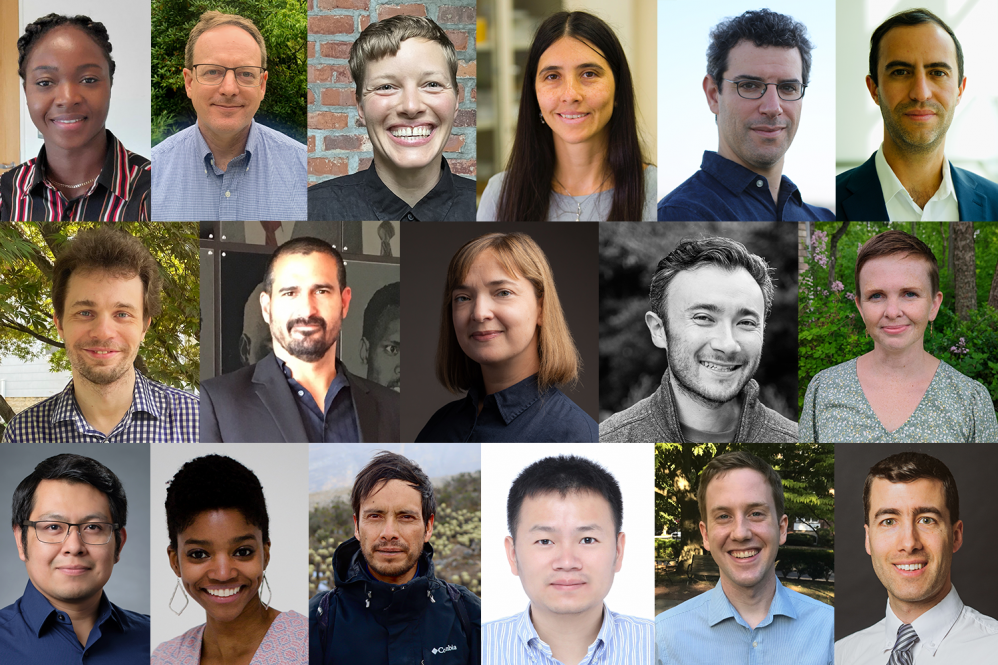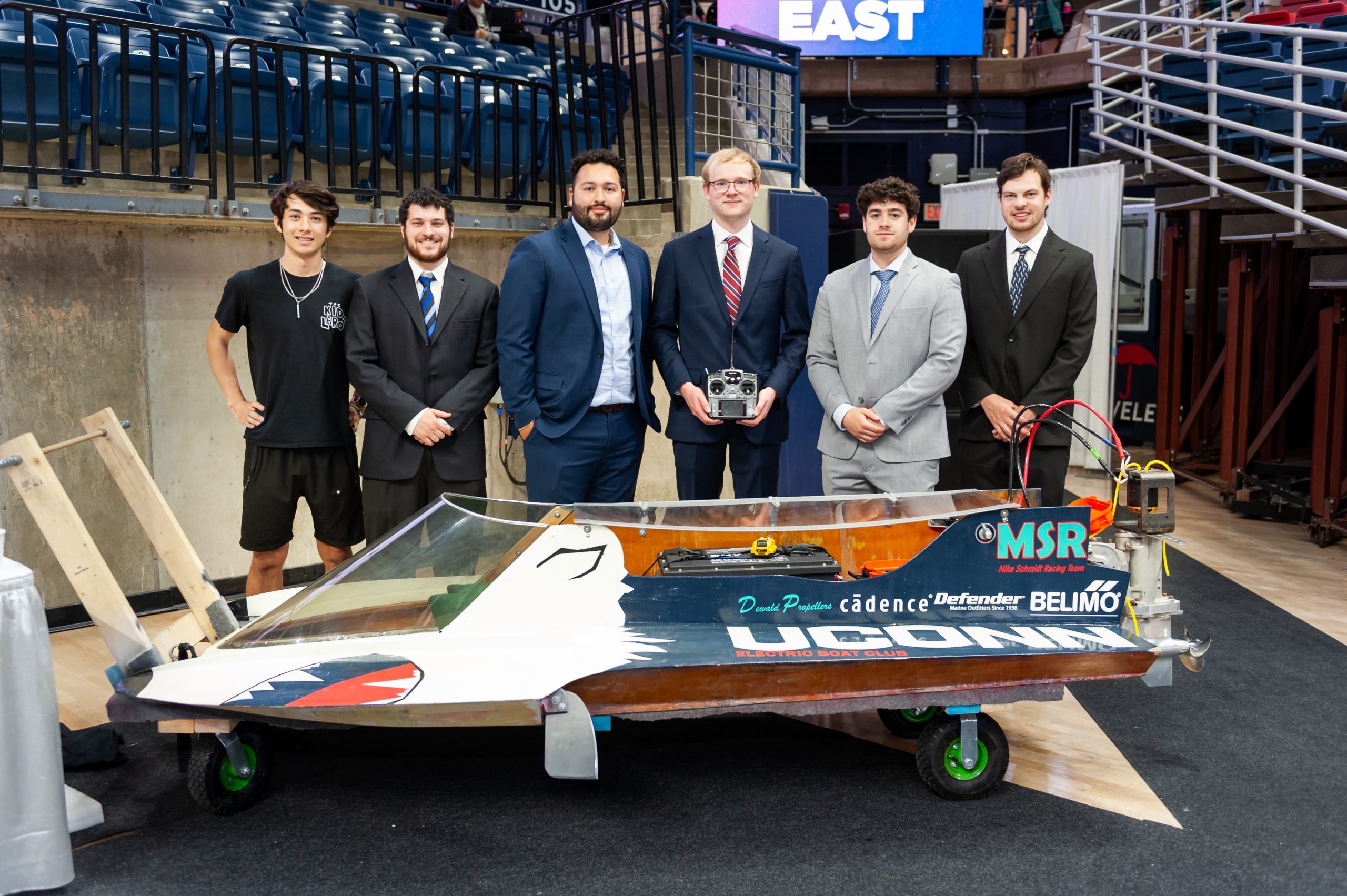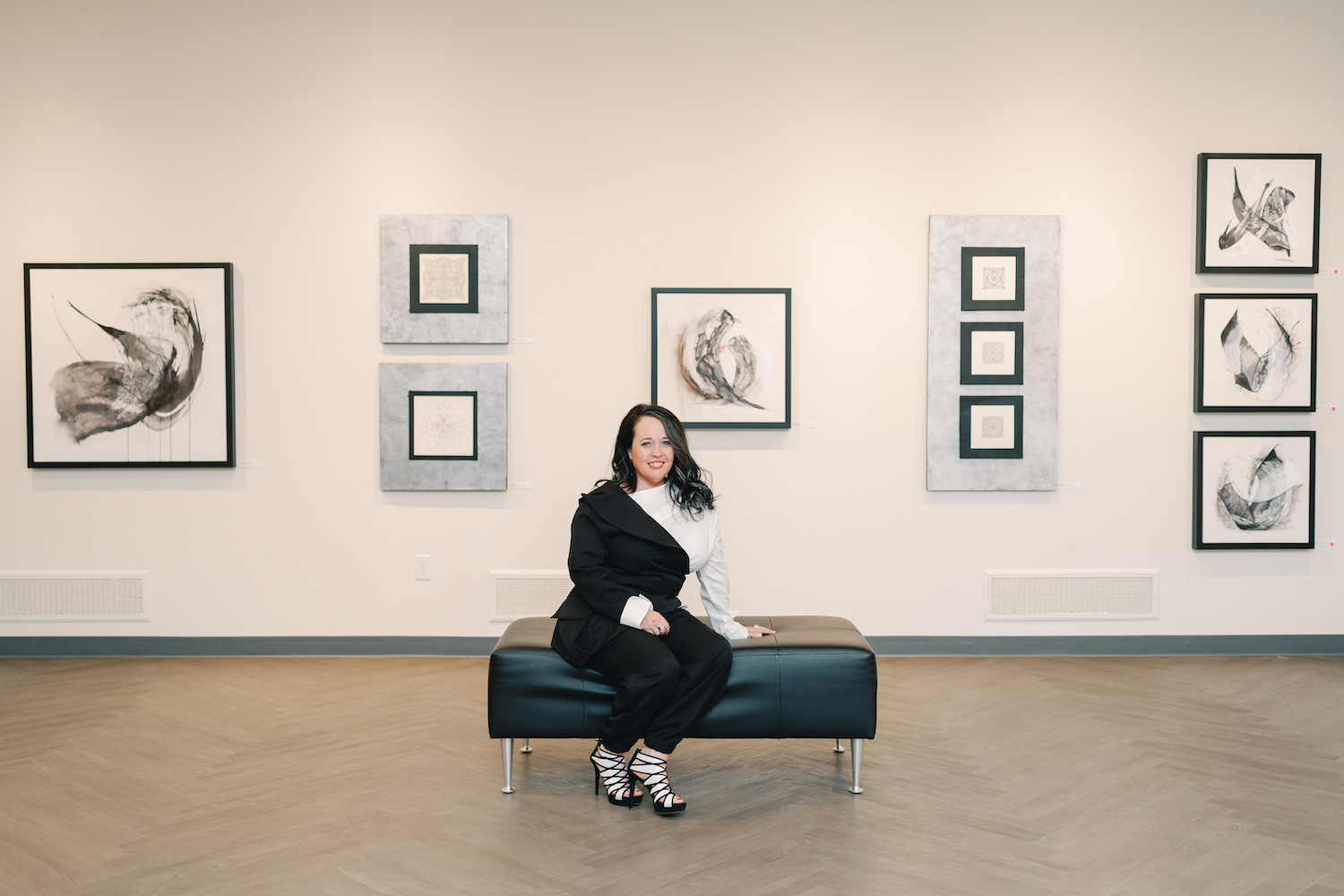Eighteen new tenure-track faculty members will join the College of Liberal Arts and Sciences this academic year. Their research interests range from how sociocultural contexts may contribute to disordered eating to the impacts of water insecurity in rural communities. They will also explore health inequalities, superconductivity, government performance, and more.
Get to know these talented scholars and educators.
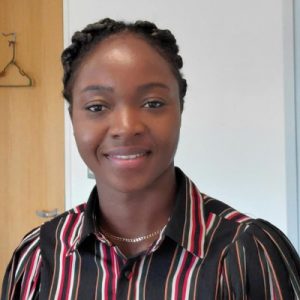
Thelma Zulfawu Abu joins the Department of Geography as an assistant professor. Abu is an environment and health researcher. Her broad research interests include social and ecological production of health and wellbeing at the intersection of global environmental change, environmental health inequalities, and global health equity. With a Ph.D. from the University of Waterloo, Canada, Abu studies water insecurity and its gendered impacts in rural communities and urban informal settlements, as well as its role in emergency preparedness in health systems in Kisumu, Kenya. Before joining UConn, Abu worked as a postdoctoral fellow at the University of Toronto, where her research focused on building resilient and healthy communities by exploring and learning from the COVID-19 experiences of the Black and immigrant communities in the Greater Toronto area.
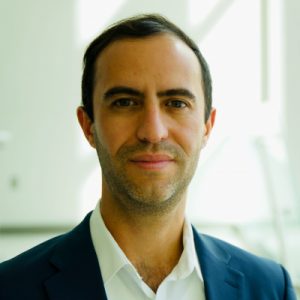
Renzo de la Riva Agüero joins the School of Public Policy as an assistant professor. He obtained his Ph.D. in public policy from the O’Neill School of Public and Environmental Affairs and the Department of Political Science at Indiana University, – Bloomington. His work involves research on local administrative capacity, community-based organizations, collaborative governance, and environmental sustainability. His public administration research assesses how varying local governance conditions in the Global South may explain performance differences between more and less complex services. Using statistical analysis and intensive qualitative fieldwork related to waste management services in Peru, he examines how service-specific municipal administrative capacity, the involvement of locally embedded community organizations, and the contours of cogovernance may affect these performance differences.
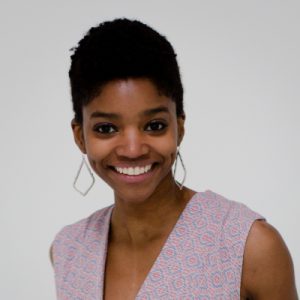
Amy Egbert joins the Department of Psychological Sciences as an assistant professor. Egbert is a pediatric psychologist whose research focuses on why children and teens eat the way that they do. She is particularly interested in understanding how sociocultural contexts may contribute to disordered eating in youth from racial and ethnic minority backgrounds. She received her Ph.D. in clinical psychology from Loyola University of Chicago and recently completed an NIH T32 postdoctoral fellowship at the Alpert Medical School of Brown University.
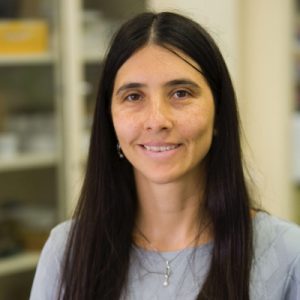
Lea Ferreira dos Santos joins the Department of Physics as a professor. She earned her Ph.D. in theoretical physics from the University of São Paulo, Brazil. She was a postdoctoral fellow at Yale University, Michigan State University, and Dartmouth College. She worked at Yeshiva University for 15 years, where she climbed the ranks to full professor and chair. Her research on many-body quantum systems has been continuously funded by the National Science Foundation (NSF). Her awards include the Simons Fellow in Theoretical Physics, Outstanding Referee for the American Physical Society, NSF CAREER Award, and member of the U.S. delegation to the 3rd IUPAP International Conference on Women in Physics.
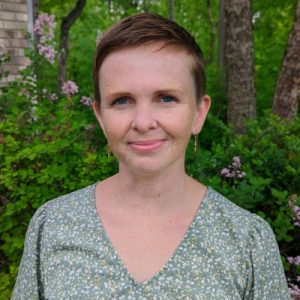
Karolina Heyduk will join the Department of Ecology and Evolutionary Biology as an assistant professor in January 2023. She received her bachelor’s degrees in economics and biological aspects of conservation from the University of Wisconsin, Madison in 2011. From there, she went on to complete her Ph.D. at the University of Georgia in the Department of Plant Biology, where she stayed for postdoctoral work until moving to Yale University in 2018 as a Yale Institute for Biospheric Studies Donnelley Fellow. In 2020, she started as an assistant professor at the University of Hawaiʻi at Mānoa and as director of the Joseph F. Rock Herbarium in the School of Life Sciences.
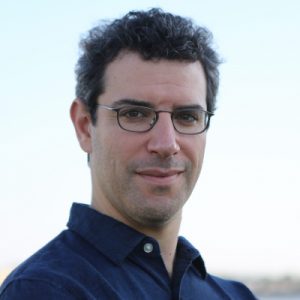
Andy Horowitz joins the Department of History as an associate professor. He also serves as the Connecticut State Historian. A scholar of modern U.S. history, Horowitz is the author of Katrina: A History, 1915–2015 (Harvard University Press, 2020) and the co-editor of Critical Disaster Studies (University of Pennsylvania Press, 2021). As a public historian, he works to support communities as they engage in acts of collective autobiography. Horowitz was born and raised in New Haven, and before receiving his Ph.D. from Yale University, he was the founding director of the New Haven Oral History Project.
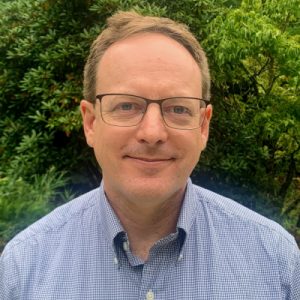
Derek M. Houston joins the Department of Speech, Language, and Hearing Sciences as a professor. Houston received his doctorate in cognitive psychology from Johns Hopkins University in 2000, focusing on how typically developing infants segment words from fluent speech and recognize words across different talkers. After graduating, he constructed the world’s first laboratory to investigate the speech perception and language skills of deaf infants who receive cochlear implants at Indiana University. Since then, his work — supported by the National Institute on Deafness and Other Communication Disorders — has investigated the role of early auditory experience and parent-child interactions on cognitive, linguistic, and social building blocks of language development. He also engages in community-based participatory research aimed at addressing barriers families face in obtaining high-quality early intervention services for their children.
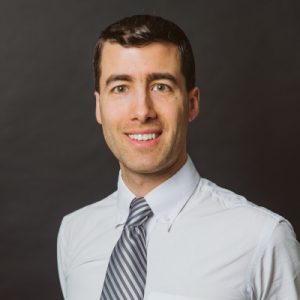
Peter Lavelle joins the Department of History as an associate professor. His research focuses on histories of the environment, agriculture, and science and technology in late imperial and modern China. Lavelle is the author of The Profits of Nature: Colonial Development and the Quest for Resources in Nineteenth-Century China (Columbia University Press, 2020). He is currently writing a book about Chinese agricultural science and rural development in the nineteenth and early twentieth centuries. In recent years, he has received research funding from the American Council of Learned Societies and the Henry Luce Foundation. Before joining the faculty at UConn, he was an associate professor of history at Temple University.
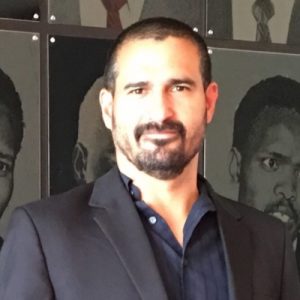
Nelson Maldonado-Torres joins the Department of Philosophy as a professor. He is co-chair of the Frantz Fanon Foundation and President Emeritus of the Caribbean Philosophical Association. He is also Professor Extraordinarious at the University of South Africa and Honorary Professor at the University of KwaZulu-Natal in Durban, South Africa. Maldonado-Torres’ work addresses the decolonial turn in Africana, Caribbean, Latin American, and Latinx philosophical thought. He has published extensively in phenomenology, the theory of religion, the philosophy of race, and the theoretical foundations of ethnic studies. His publications include Against War: Views from the Underside of Modernity (2008) and the co-edited anthology Decolonial Feminism in Abya Yala (2022).
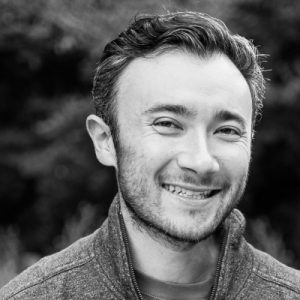
Jonas Miller joins the Department of Psychological Sciences as an assistant professor. Miller received his Ph.D. in developmental psychology from the University of California, – Davis. He is broadly interested in building and testing developmental models of risk, resilience, and thriving in children and adolescents. In his research, Miller examines the effects of social and physical environments on brain development, aging, empathy, and mental health. Miller is also interested in factors that help us to understand which young people are more likely to be vulnerable versus resilient following exposure to adversity. To study these topics, he uses behavioral observations, neuroscience methods (MRI, fNIRS), and community and environmental health measures (air pollution, socioeconomic conditions).
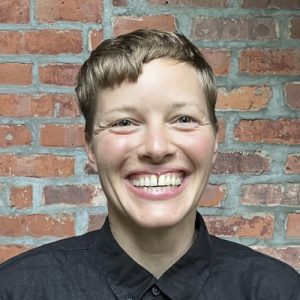
Mars Plater joins the Department of History as an assistant professor. Plater will begin teaching courses in U.S. and environmental history at the Stamford campus in 2023 after a year of working on their book project as an American Council of Learned Societies (ACLS) Fellow. Plater writes about green spaces of nineteenth-century New York City that were sites of pleasure, struggle, and resistance for the diverse and divided working class. Plater attended Bard College, Brooklyn College, and Rutgers University and has taught courses at Rutgers-Newark, Bard Microcollege, Dickinson College, and CUNY-Queens College.
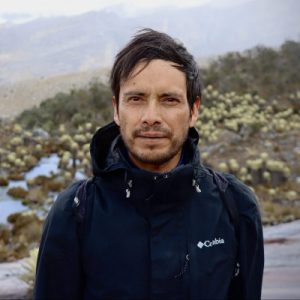
Camilo Ruiz will join the Department of Anthropology as an assistant professor in January 2023. He is an anthropologist with more than fifteen years of experience in ethnographic and anthropological work in Colombia and the United States. He uses the combined strengths of participatory action research (PAR), anthropology, public health, and the arts to better understand inequalities in urban communities. His dissertation addressed the effects of the new shapes of the HIV and opioids epidemics in Colombia taking as point of departure the experiences of two neglected populations: heterosexual men living with HIV and young men addicted to heroin. He has also conducted extensive research about the dynamics of Latinx communities settling in new growth communities in the U.S. Midwest. His passion for PAR has transformed his teaching into one aligned with pedagogies accessible and attentive to community needs.
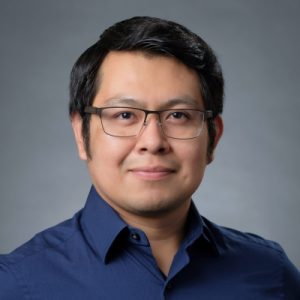
Michel Santiago-Martinez (Geo) joins the Department of Molecular and Cell Biology as an assistant professor. Santiago-Martinez is a microbiologist from Universidad Nacional Autónoma de México (UNAM) and The Pennsylvania State University. He is interested in the ecophysiology of archaea and anaerobic bacteria, and how energy status influences their ability to resist environmental stress conditions, such as exposure to oxygen and nutritional starvation. His research goal is to understand the function of anaerobic microorganisms in biogeochemical cycles and host-associated microbiomes. He is also interested in bringing up-to-date knowledge of archaea to the classrooms and outreach activities, as well as promoting more inclusive science through mentoring activities and service initiatives.
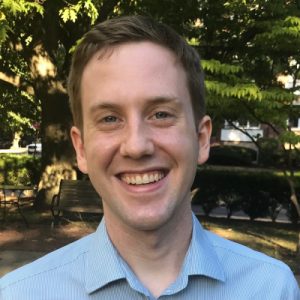
Neil Spencer joins the Department of Statistics as an assistant professor. Originally from Canada, he completed his undergraduate degree at Acadia University, a master’s degree at University of British Columbia, and his Ph.D. in the Departments of Statistics and Machine Learning at Carnegie Mellon University. Prior to arriving at UConn, he was a postdoctoral research fellow within the Department of Biostatistics in the Harvard School of Public Health. His principal areas of research interest are Bayesian statistics and statistical computation, with applications in forensic science, network science, neuroscience, and medicine.
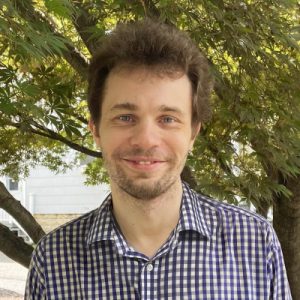
Pavel Volkov joins the Department of Physics as an assistant professor. He is a condensed matter physicist, specializing in the theory of strongly correlated and quantum materials. He earned his Ph.D. at Ruhr-Universitaet Bochum in Germany, followed by a postdoc at Rutgers University. His work covers topics such as superconductivity, frustrated magnetism, ferroelectricity, and materials with nontrivial topology. One of the most important inspirations behind his work comes from new experimental discoveries. Pavel works closely with several experimental groups around the world. During this academic year, Pavel will be on leave at Harvard University, working on the theory of two-dimensional moire materials, created by stacking single-atomic layers. He also enjoys mentoring students at all levels and bringing cutting-edge science into the classroom.
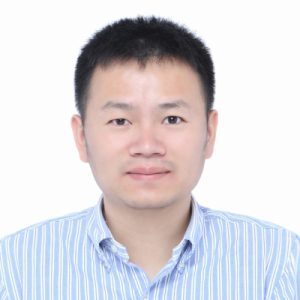
Jinhai Yu joins the School of Public Policy as an assistant professor. Before coming to UConn, he was a faculty member at the Shanghai University of Finance and Economics. His research examines how policymakers allocate fiscal resources to improve government performance and accountability, focusing on budgetary politics and policy, fiscal policies of natural disasters, and fiscal transparency and accountability. Jinhai earned a Ph.D. in public policy and administration from the Martin School of Public Policy and Administration at the University of Kentucky in 2018.
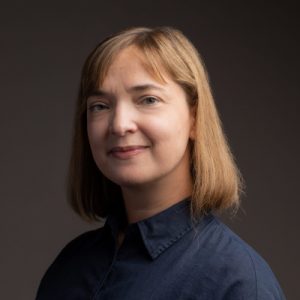
Georgia Zarkada will join the Department of Physiology and Neurobiology as an assistant professor in January 2023. She studied medicine in Athens, Greece and obtained her Ph.D. in vascular biology from the University of Helsinki in Finland. Her research aims to understand how blood and lymphatic vessels grow and form functional networks during development and in human diseases. Most recently, as a postdoctoral researcher at Yale University, she identified tissue-specific mechanisms required for the vascularization of the mouse neuroretina. Zarkada is a recipient of a K99/R00 Pathway to Independence Award from the National Eye Institute.
Note: Lindsay Butler-Trump will also join the Department of Speech, Language, and Hearing Sciences as an assistant professor in January 2023.
